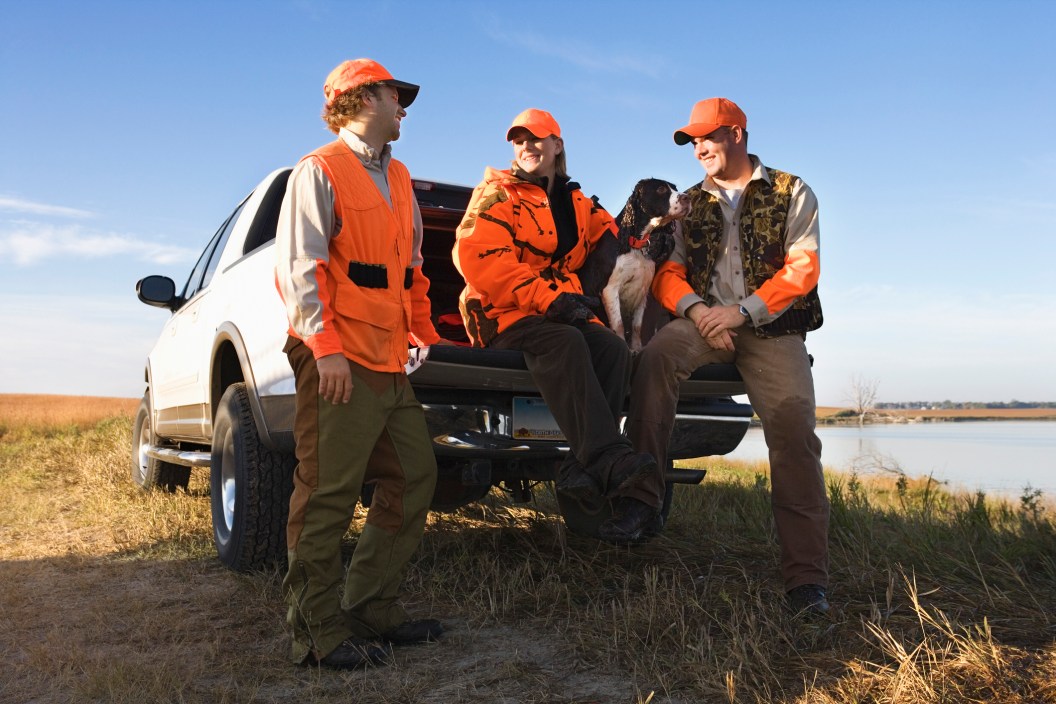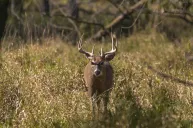When it comes to hunting legal requirements, it can seem like there are rules about everything: which license to buy, what clothes to wear, what weapons to use, where and when those weapons can be discharged, who can participate, what to do to harvest an animal, and so much more.
Hunting is a well-regulated sport structured around best practices that evolve with time, with hunting laws that changes from season to season. It can be challenging for hunters to keep up. To prepare for hunting season, there is a lot to do: scouting, planning hunts on mapping apps, curating gear, and getting in shape. In the stream of preparation, it's essential to take a minute to make sure that you meet all the legal requirements of hunting.
The following list of six hunting legal requirements are based on the laws in New York. Many states have some version of these rules, but details vary from state to state. Check with local authorities in the specific state where you hunt to ensure that you are following specific hunting legal requirements.
1. Purchase a Hunting License
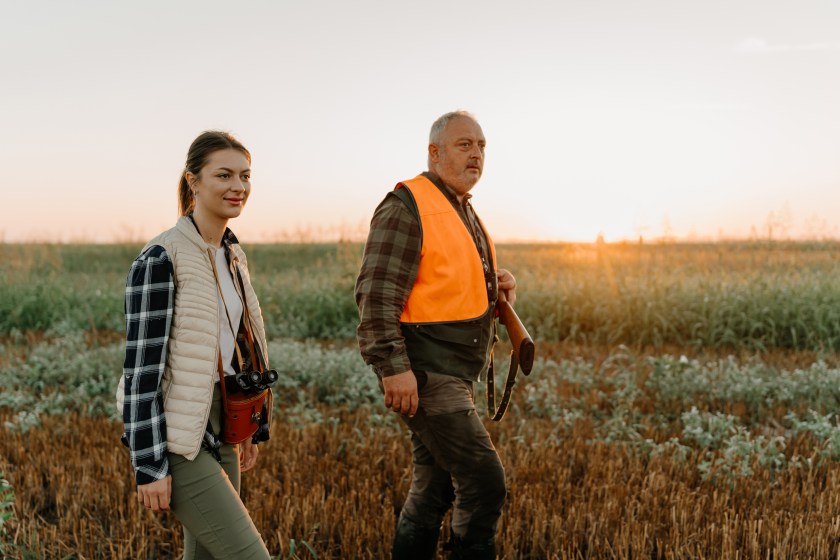
Getty Images, RealPeopleGroup
In most places in the United States, hunters are required to purchase a hunting license from the state they hunt in. Generally, this requires having taken a hunting education course prior to application. Hunters must also comply with the state fish and game department requirements associated with that license in order to take advantage of hunting opportunities during season.
Hunting licenses can generally be purchased at any retail outlet specializing in hunting and fishing equipment, such as sporting goods stores. In some states, they can even be purchased in convenience stores.
To make sure you purchase the correct license, reference the state agency's website where you plan to hunt.
2. Wear Blaze Orange Where Required
New York's Department of Environmental Conservation, the state's agency that enforces the rules about hunting, requires big-game hunters using a firearm to wear hunter orange or pink and encourages non-hunters to wear fluorescent orange, pink, or another bright color during fall and winter months to be seen more easily and from greater distances. In addition, wearing bright colors makes it easier for rescue personnel to find lost, sick, or injured people afield. Check your state's rules on color and follow them or be hit with fines.
3. Discharge Weapons Only Where It's Legal to Do So
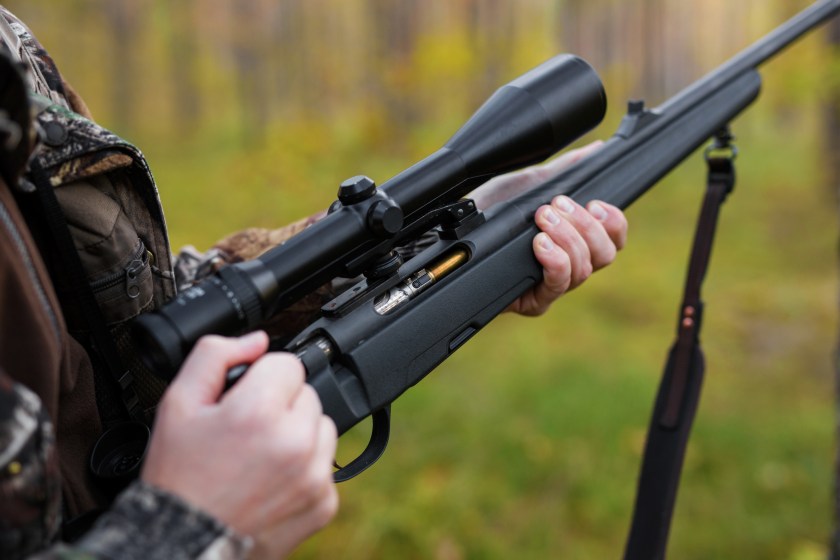
Getty Images, grinvalds
There are lots of rules for hunting that center around discharging the weapon used. In New York, for instance, it's illegal to discharge a firearm, bow, or crossbow so that the load or arrow passes over any part of a public highway. There are similar limits—based on the gun—regarding schools, playgrounds, occupied factories, and churches. You're also forbidden from firing anything around a dwelling, farm building, or occupied structure unless you own it, lease it, are an immediate member or an employee of the owner, and/or have the owner's consent.
Waterfowl hunting in New York is a little different in regards to weapons discharge law. Let's say you're hunting waterfowl with a firearm or bow over water. This is legal near dwellings or public structures, if neither are within 500 feet (for a gun) or 150 feet (for a bow) in the direction you are shooting.
And that's just one state. The laws get pretty technical, with good reason—look them up and memorize them for your specific locale.
4. Know the 'Manner of Taking' Laws
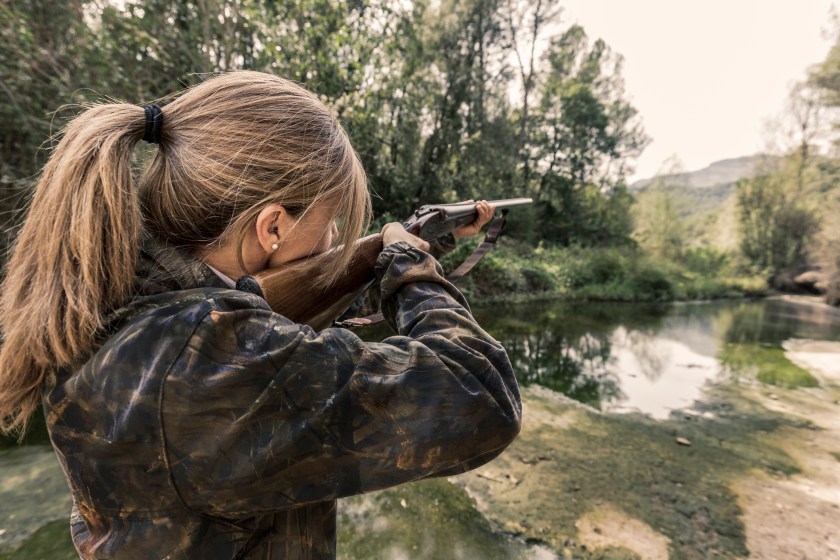
Getty Images, aluxom
Across the nation, wildlife management laws for the manner of taking an animal during hunting can vary widely. What is okay by law in some states is strictly illegal in others. It's crucial to know the hunting regulations where you hunt, whether via firearm or archery. Ignorance is no excuse, and a ticket (or worse) sure will ruin a hunting trip. As an example of rules that guide the manner of taking, in New York, it's illegal to take or hunt wildlife:
- while in or on a motor vehicle (except by the holder of a non-ambulatory hunter permit)
- with the aid of a vehicle's lights
- on or from any public road or shoulder
- with any firearm equipped with a silencer
- with any firearm that continues to fire as long as the trigger is held back (e.g., an automatic firearm)
And there are even some more details beyond that!
While you're at it, make sure you're up to speed on all of your state's bag limits, legal and illegal hunting areas, and hunting laws pertaining to public and private land. We'll say it again: Ignorance is no excuse!
5. Transport Hunting Weapons Legally
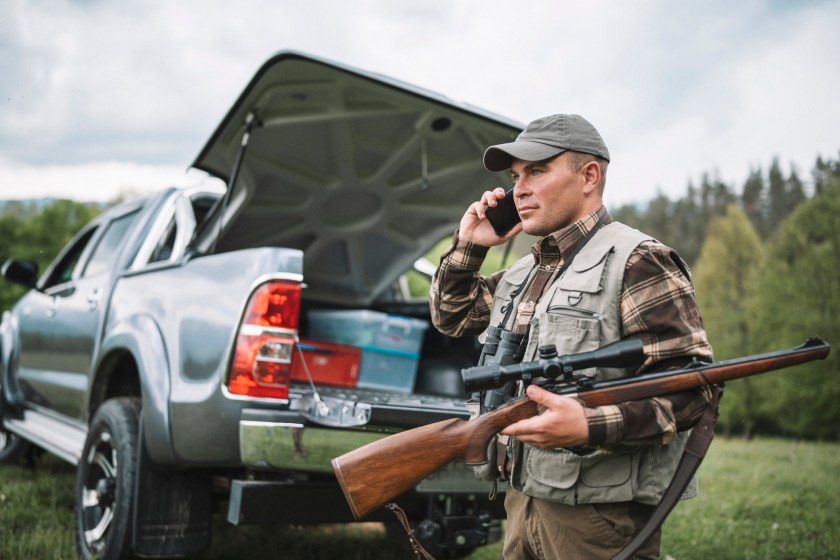
Getty Images, ArtistGNDphotography
In some states, it's not as simple as laying your gun on the floorboard and driving to your hunting spot. Many states have rules about how you may legally transport firearms.
In New York, a person may not transport or possess a shotgun, rifle, or crossbow in or on a motor vehicle unless the gun is unloaded in both the chamber and magazine or the crossbow is unloaded or taken down. A muzzleloader is considered unloaded when the cap is off the nipple, the primer is removed, the primer powder is removed from the flintlock pan, or the battery is not in an electric-fired muzzleloader. There's one exception: A loaded firearm may be carried or possessed while boating if legally hunting migratory game birds.
6. Follow Hunting Age and Companion Laws
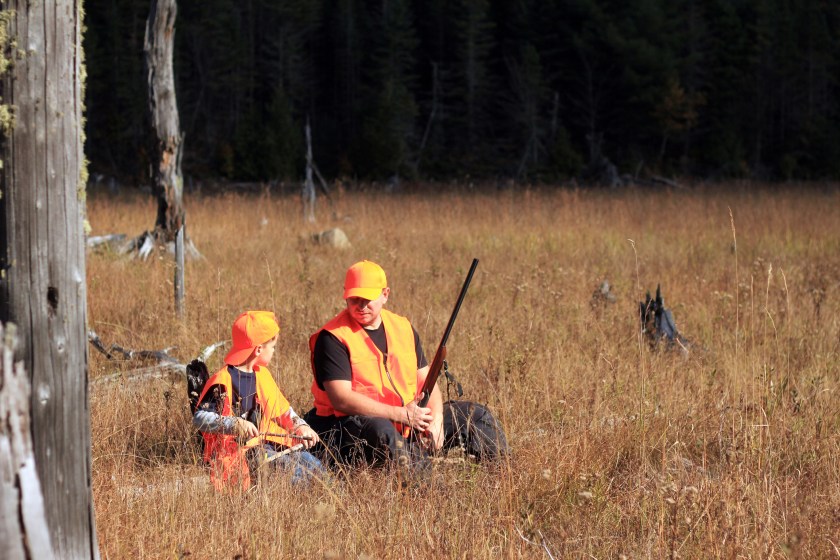
Getty Images, ElviK
Thinking about bringing a friend or kid along? Many states have rules about that, too. In New York, anyone between the ages of 12 and 15 is considered a junior hunter and needs to complete a hunter education safety course and possess a hunting license and applicable tag. That means if they're targeting whitetail deer, they need a big-game hunting tag, and if they want to be able to shoot a doe, they will need an antlerless tag.
A licensed New York hunter may bring along an unlicensed individual, including a child, but only if the accompanying people are not participating in the hunt, including not driving deer. Under no circumstances are these companions permitted to carry a weapon.
